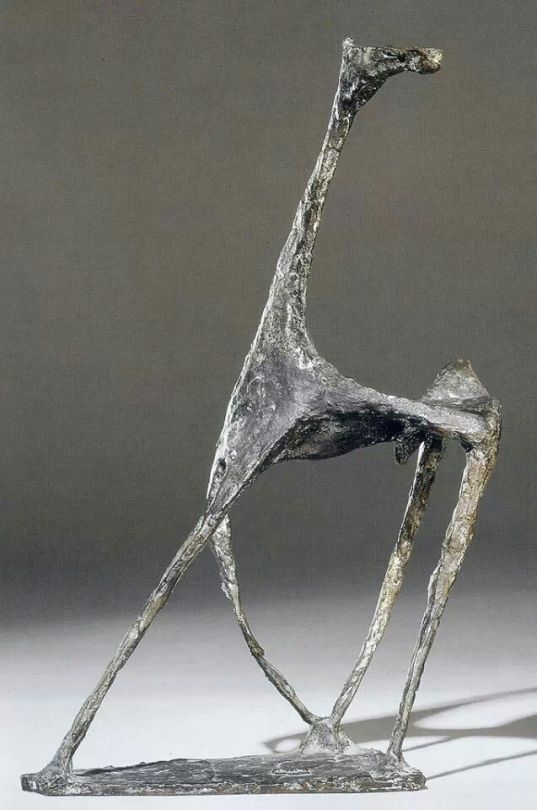#marino marini
Explore tagged Tumblr posts
Text

photographer Herbert List via
Italian Artist Marino Marini on his 'Cavallo'. Milan, Italy. 1952.
#herbert list#marino marini#male beauty#male aesthetic#men in art#analog photography#magnum photos#photography
119 notes
·
View notes
Text

Marino Marini (Italian, 1901-1980), Giocoliere [Juggler], 1950. Tempera on paper, 48.5 x 33 cm.
112 notes
·
View notes
Text

Marino Marini
Il Cavaliere Azzurro (The Blue Rider), 1952–1954
35 notes
·
View notes
Text

Marino Marini - Cavallo e cavaliere
22 notes
·
View notes
Text

Atelier de Marino Marini, Milan. ca. 1963
Photo: Paolo Monti
58 notes
·
View notes
Photo

Marino Marini, Cavallo (Horse), 1952, paint on paper mounted on panel
178 notes
·
View notes
Text

#peoplematchingartworks#marino marini#neue nationalgalerie#stefan draschan#photography#contemporaryart#berlin
30 notes
·
View notes
Text

Marino Marini © (1901-1980) Senza titolo 1960. - source CAMBI.
3 notes
·
View notes
Text

Marino Marini, Gioco del Cavaliere (Game of the Knight) - Original Etching by M. Marini - 1969
6 notes
·
View notes
Photo

Danzatrice (Dancer) by Marino Marini
523 notes
·
View notes
Text

Marino Marini (Italian, 1901-1980), Giocoliere [Juggler], 1951. Tempera over pen and India ink on firm off-white paper, sheet: 45 x 34.5 cm.
238 notes
·
View notes
Text



Marino MARINI & son Quartette
"À l'Olympia"
(LP. Vogue. 1956) [IT]
youtube
2 notes
·
View notes
Text

Marino Marini - Cavallo e cavaliere di profilo. 1947
43 notes
·
View notes


